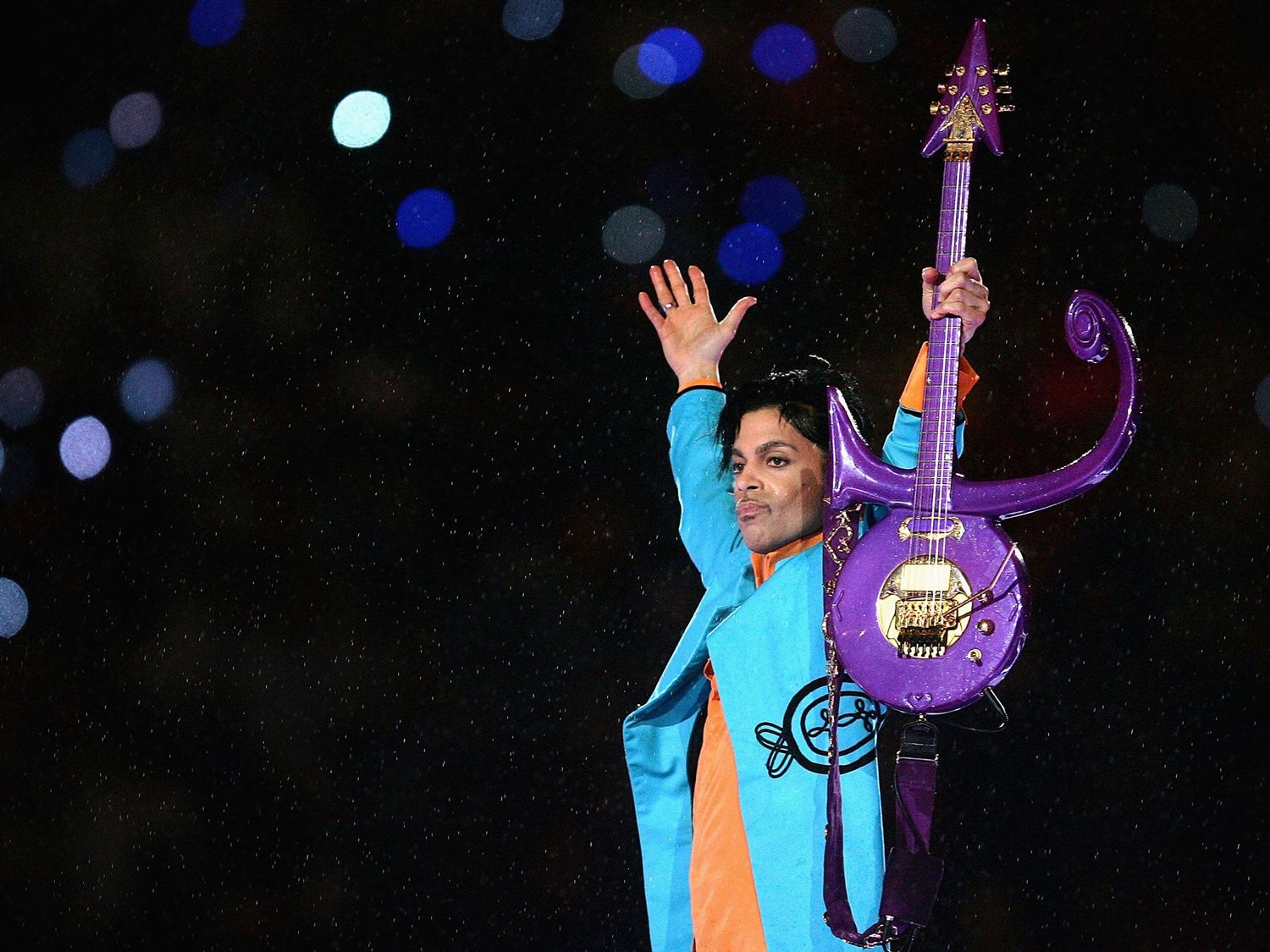Home>Production & Technology>Songwriter>What Classifies A Singer-Songwriter


Songwriter
What Classifies A Singer-Songwriter
Published: February 26, 2024
Discover what classifies a singer-songwriter and the unique qualities that set them apart in the music industry. Explore the art of songwriting and the impact it has on a musician's career.
(Many of the links in this article redirect to a specific reviewed product. Your purchase of these products through affiliate links helps to generate commission for AudioLover.com, at no extra cost. Learn more)
Table of Contents
Introduction
The term "singer-songwriter" conjures up images of an artist pouring their heart and soul into their music, crafting lyrics that resonate with the human experience. This unique breed of musicians holds a special place in the music industry, often celebrated for their ability to blend storytelling with melodic prowess. In this article, we'll delve into the essence of what classifies a singer-songwriter, exploring their defining characteristics and the evolution of this genre.
Singer-songwriters are a diverse group, encompassing a wide range of musical styles and lyrical themes. They are known for their versatility, often adept at playing multiple instruments and possessing a deep understanding of musical composition. Their songs are deeply personal, often drawing from their own experiences and emotions, which allows them to connect with audiences on a profound level.
As we journey through the intricate world of singer-songwriters, we'll uncover the evolution of this genre and gain insight into the notable figures who have left an indelible mark on music history. From the folk troubadours of the 1960s to the introspective balladeers of today, singer-songwriters have continued to captivate listeners with their raw, unfiltered storytelling.
Join us as we unravel the essence of what it means to be a singer-songwriter and celebrate the artists who have shaped this genre into a timeless art form.
Definition of a Singer-Songwriter
At its core, a singer-songwriter is an artist who embodies the dual roles of crafting both the music and lyrics of their compositions. This multifaceted individual serves as the architect of their musical narratives, blending their poetic prowess with melodic ingenuity to create a seamless tapestry of emotions and melodies. Unlike performers who solely interpret the works of others, singer-songwriters are the architects of their own musical landscapes, infusing their compositions with a deeply personal touch that resonates with audiences on a profound level.
The hallmark of a singer-songwriter lies in their ability to translate their innermost thoughts, experiences, and emotions into lyrical and musical expressions that transcend the boundaries of language and culture. This intimate connection between the artist and their craft allows for a raw, unfiltered authenticity that permeates their work, inviting listeners to embark on a journey through the artist's inner world.
Furthermore, singer-songwriters often possess a remarkable versatility, often proficient in playing multiple instruments, which enables them to bring their compositions to life with a level of musicality that is uniquely their own. This multifaceted approach to music creation distinguishes singer-songwriters from other artists, as they are not only the voices behind their songs but also the instrumentalists who breathe life into their compositions.
In essence, the term "singer-songwriter" encapsulates the spirit of artistic independence and creative autonomy, as these individuals navigate the intricate terrain of self-expression through their music. Whether evoking nostalgia with wistful ballads or igniting passion with anthemic choruses, singer-songwriters craft a sonic tapestry that mirrors the depth and diversity of human emotions.
As we unravel the essence of what defines a singer-songwriter, we gain a deeper appreciation for the artistry and vulnerability that underpin their creations, solidifying their position as storytellers and minstrels of the modern era.
Characteristics of a Singer-Songwriter
Singer-songwriters possess a unique blend of artistic traits that distinguish them as musical storytellers and craftsmen of emotion. These individuals are characterized by a deep-seated connection to their craft, weaving intricate narratives through their lyrics and melodies. Here are the defining characteristics that encapsulate the essence of a singer-songwriter:
-
Authenticity: Singer-songwriters are revered for their unapologetic authenticity, infusing their compositions with genuine emotions and unfiltered truths. Their music serves as a raw reflection of their innermost thoughts and experiences, creating an intimate bond with their audience.
-
Storytelling Prowess: At the heart of their artistry lies a profound ability to spin captivating tales through their music. Whether drawing from personal anecdotes or crafting fictional narratives, singer-songwriters are masterful storytellers who transport listeners to evocative landscapes with each lyric and melody.
-
Musical Versatility: Singer-songwriters often exhibit a remarkable proficiency in playing various musical instruments, allowing them to breathe life into their compositions with a rich tapestry of sounds. This versatility empowers them to shape the sonic landscape of their music, adding depth and complexity to their artistic expressions.
-
Emotional Depth: Their compositions delve into the depths of human emotions, offering a poignant exploration of love, loss, hope, and resilience. Through their music, singer-songwriters navigate the spectrum of human experiences, inviting listeners to embark on an emotive journey that resonates on a deeply personal level.
-
Introspection and Vulnerability: Singer-songwriters embrace vulnerability as a source of strength, fearlessly peeling back the layers of their emotions to reveal their innermost vulnerabilities. This introspective approach to songwriting creates an empathetic connection with their audience, fostering a sense of shared understanding and empathy.
-
Social Commentary: Many singer-songwriters use their platform to address social and cultural issues, infusing their music with thought-provoking commentary on the world around them. Their compositions serve as a medium for societal reflection and introspection, amplifying the impact of their art beyond personal narratives.
-
Timeless Appeal: Singer-songwriters have an enduring ability to transcend temporal boundaries, crafting music that remains relevant across generations. Their compositions resonate with audiences of all ages, standing as timeless testaments to the universality of human experiences.
In essence, the characteristics of a singer-songwriter converge to form a tapestry of artistry and emotional resonance, elevating their music to a realm of profound storytelling and introspection. These defining traits underscore the enduring allure and impact of singer-songwriters in the musical landscape, cementing their legacy as purveyors of heartfelt narratives and melodic revelations.
Evolution of the Singer-Songwriter Genre
The evolution of the singer-songwriter genre traces a captivating journey through the annals of music history, reflecting the dynamic shifts in artistic expression and cultural landscapes. The roots of this genre can be traced back to the folk troubadours of the early 20th century, who wielded their acoustic guitars and poignant lyrics to encapsulate the spirit of social movements and personal introspection. These early pioneers laid the groundwork for a musical movement that would blossom into a diverse tapestry of artistic narratives and melodic revelations.
The 1960s witnessed a profound resurgence of folk music, with luminaries such as Bob Dylan, Joan Baez, and Joni Mitchell emerging as vanguards of the singer-songwriter movement. Their compositions served as anthems of social change and introspective musings, resonating with a generation grappling with shifting societal paradigms and cultural upheavals. The raw, unfiltered nature of their music captivated audiences, igniting a fervent appreciation for the candid storytelling and emotive depth that defined the singer-songwriter ethos.
As the decades unfolded, the singer-songwriter genre underwent a metamorphosis, embracing a spectrum of musical influences and thematic explorations. The introspective ballads of the 1970s gave rise to a new wave of artists who deftly blended folk sensibilities with rock and pop elements, ushering in an era of sonic experimentation and lyrical poignancy. Icons such as Carole King, James Taylor, and Neil Young etched their indelible mark on the musical landscape, crafting timeless compositions that transcended temporal boundaries.
The 1980s and 1990s witnessed a kaleidoscopic fusion of singer-songwriter artistry, with artists like Tracy Chapman, Suzanne Vega, and Elliott Smith infusing their music with a tapestry of social commentary and personal introspection. This era bore witness to a renaissance of acoustic storytelling, as artists navigated themes of love, resilience, and societal observations with an unwavering commitment to authenticity and vulnerability.
In the contemporary era, the singer-songwriter genre continues to evolve, embracing a diverse array of voices and perspectives. Artists such as Adele, Ed Sheeran, and Taylor Swift have redefined the boundaries of mainstream success while staying true to the core tenets of singer-songwriter authenticity and storytelling prowess. Their chart-topping compositions resonate with global audiences, reaffirming the enduring allure of the singer-songwriter genre in an ever-changing musical landscape.
The evolution of the singer-songwriter genre stands as a testament to the enduring power of musical storytelling and introspective revelation. From its humble folk origins to its contemporary manifestations, this genre has remained a poignant mirror of human experiences and societal reflections, weaving a sonic tapestry that transcends generations and cultural divides. As the singer-songwriter legacy continues to unfold, it serves as a timeless testament to the indelible impact of raw, unfiltered artistry and melodic revelations.
Notable Singer-Songwriters in History
The annals of music history bear witness to an illustrious lineage of singer-songwriters whose indelible contributions have reshaped the musical landscape and left an enduring imprint on the hearts and minds of listeners. These luminaries have transcended temporal boundaries, crafting compositions that resonate with the human experience and stand as timeless testaments to the art of musical storytelling. Let's embark on a journey through the lives and legacies of some of the most notable singer-songwriters in history:
Bob Dylan
Bob Dylan stands as a towering figure in the realm of singer-songwriters, heralded for his poetic lyricism and unyielding commitment to social commentary. His anthemic compositions, including "Blowin' in the Wind" and "The Times They Are a-Changin'," served as rallying cries for the civil rights and anti-war movements of the 1960s, cementing his status as a voice of a generation.
Joni Mitchell
Joni Mitchell's ethereal vocals and evocative songwriting have solidified her as a paragon of artistic innovation. Her seminal album "Blue" remains a touchstone of introspective balladry, weaving tales of love, longing, and self-discovery with an unparalleled depth of emotion. Mitchell's poetic prowess and musical versatility have left an indelible mark on the singer-songwriter genre.
Leonard Cohen
Leonard Cohen's velvety baritone and profound lyricism have etched a legacy of introspective revelation and existential musings. His iconic composition "Hallelujah" has transcended the realms of music, becoming an emblem of poignant introspection and universal resonance. Cohen's ability to distill the complexities of the human experience into haunting melodies and profound verses cements his status as a luminary of the singer-songwriter tradition.
Carole King
Carole King's soul-stirring compositions have resonated across generations, earning her acclaim as one of the most influential singer-songwriters in history. Her album "Tapestry" stands as a masterpiece of confessional songwriting, weaving tales of love, heartache, and resilience with an exquisite tapestry of melodies. King's enduring impact on the singer-songwriter genre is a testament to her unparalleled artistry and emotive depth.
James Taylor
James Taylor's velvety voice and introspective lyricism have captivated audiences, solidifying his position as a maestro of melodic storytelling. His compositions, including "Fire and Rain" and "You've Got a Friend," encapsulate the spectrum of human emotions with a rare poignancy and vulnerability. Taylor's musical legacy continues to reverberate through the annals of singer-songwriter history, serving as a timeless testament to the enduring power of heartfelt balladry.
These luminaries, among many others, have sculpted the singer-songwriter genre into a rich tapestry of emotional resonance and artistic innovation. Their compositions serve as timeless reflections of the human experience, inviting listeners to embark on a journey through the depths of emotion and introspection. As their legacies endure, these notable singer-songwriters stand as beacons of raw, unfiltered artistry and melodic revelations, shaping the very fabric of musical storytelling for generations to come.











